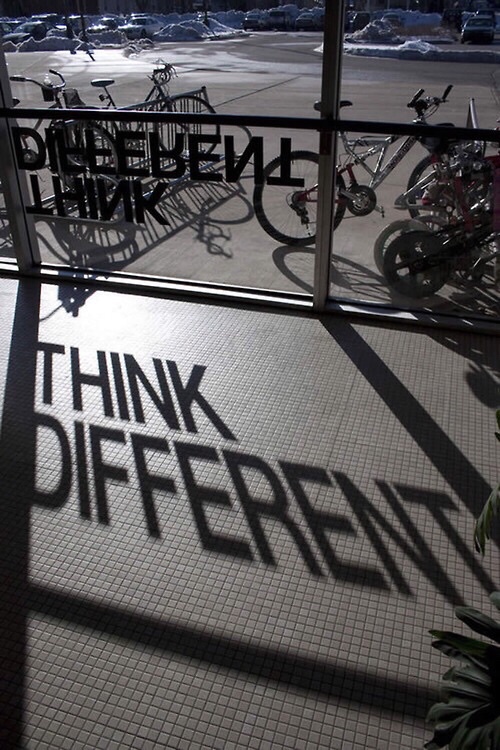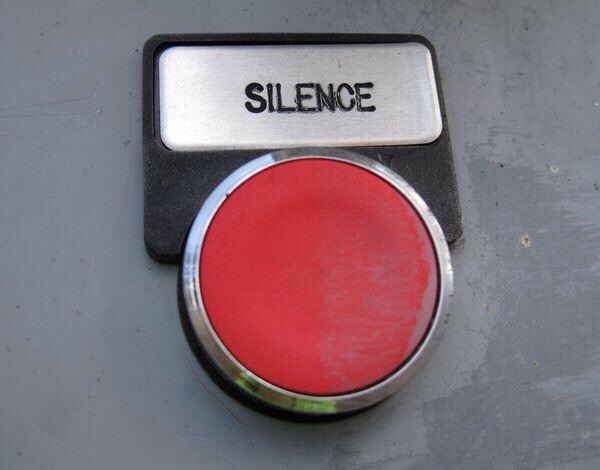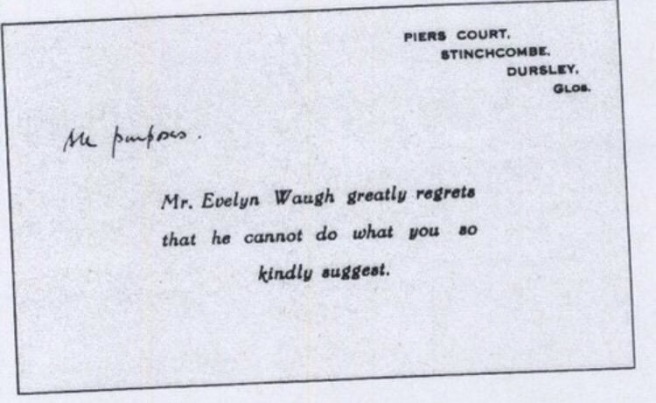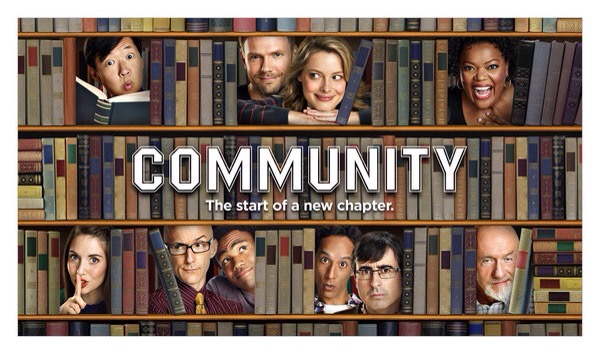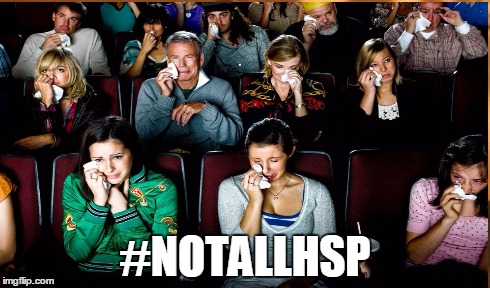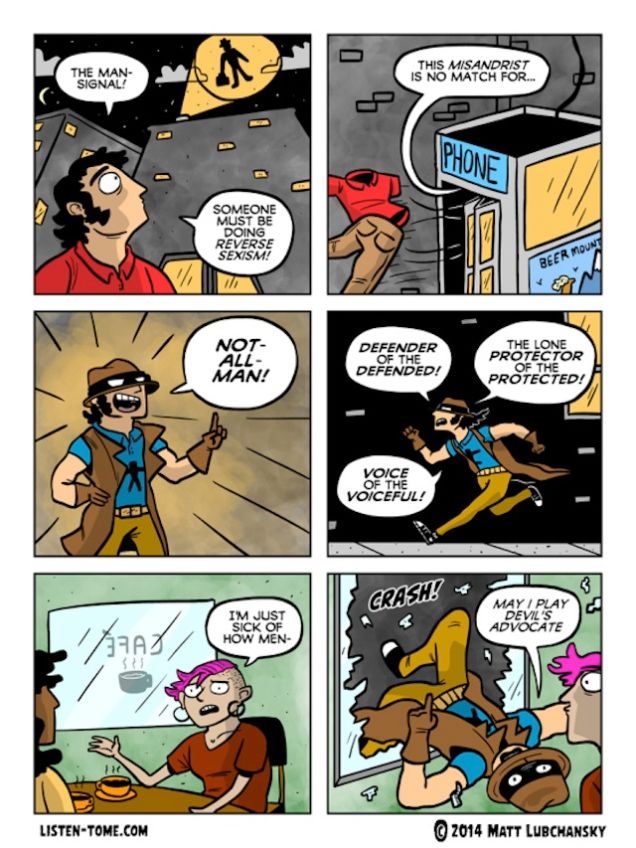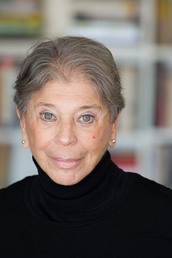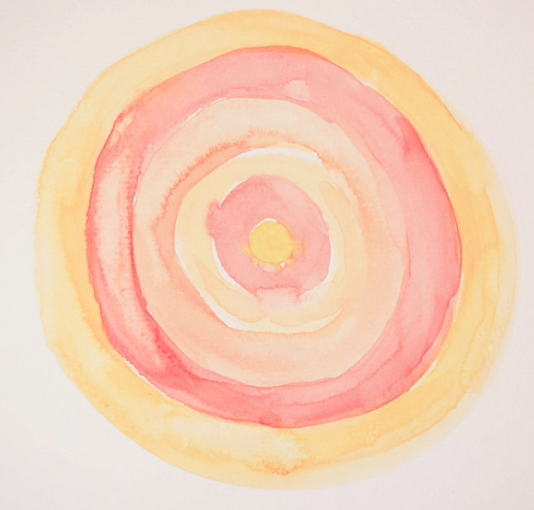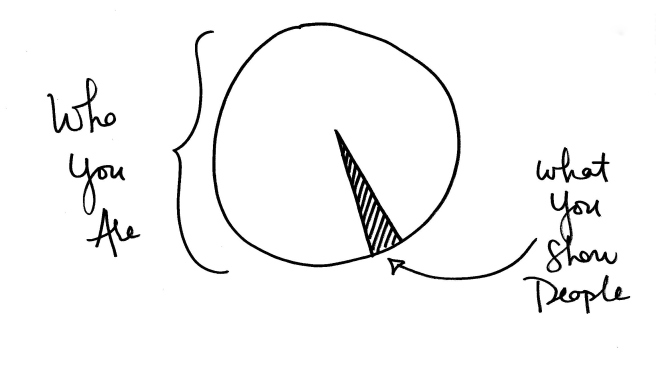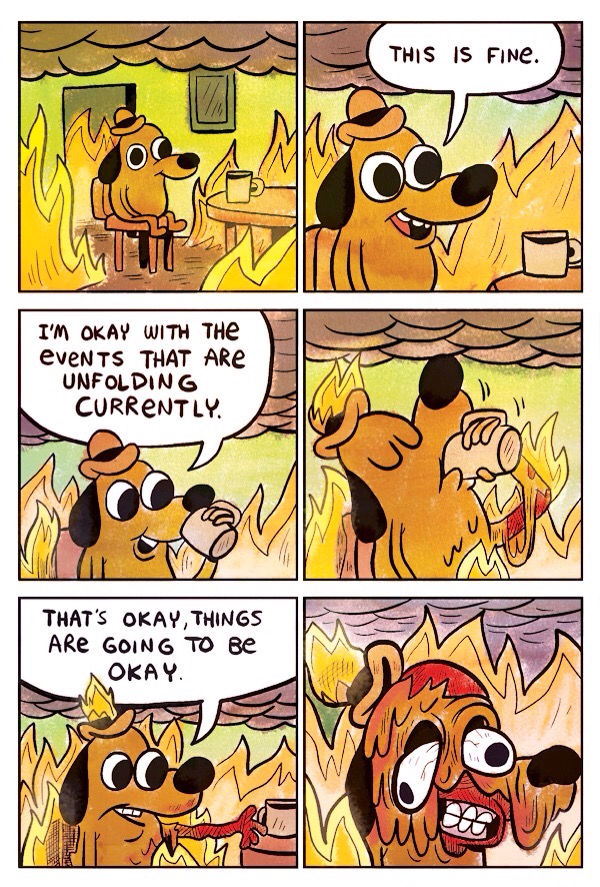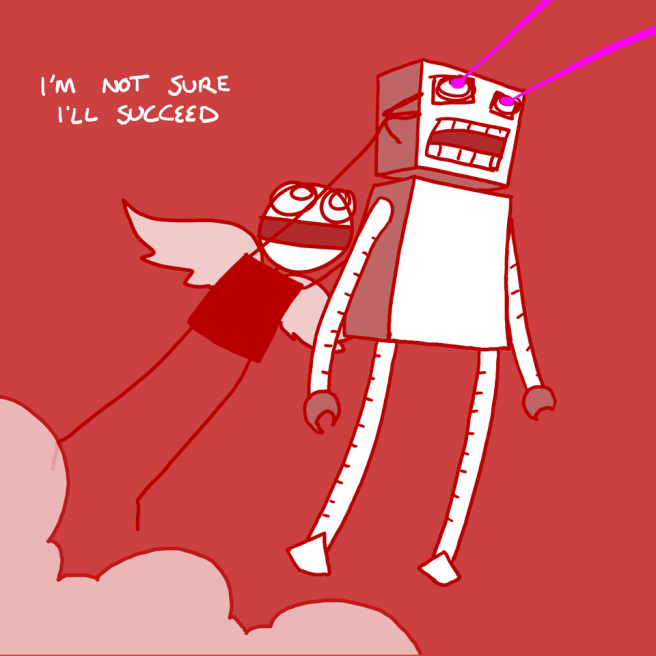
What do people mean when they say they want to be more confident? What do they mean when they say they are attracted to or desire confidence in a romantic partner?
These are serious questions. I really don’t completely understand what the desire for confidence is all about.
I’ve been thinking about this for at least a year. Maybe longer. I’d hear about or read someone listing the traits they’re seeking in a date or potential spouse and many people, both men and women, would say “confidence” and I’d ask myself the same question and think “confidence” isn’t even in my top ten of desirable traits, so what gives? Why is confidence so important to so many people in romantic relationships?
Last year in a BBC article titled “Does Confidence Really Breed Success?”, I read this by psychologist Jean Twenge:
What’s really become prevalent over the last two decades is the idea that being highly self-confident – loving yourself, believing in yourself – is the key to success.
Now the interesting thing about that belief is it’s widely held, it’s very deeply held, and it’s also untrue.
Also: “psychologists rarely use the word ‘confidence’.”
So why do many people desire this thing that is not the key to success? What do people really want when they say they desire confidence?
I touched on the topic of confidence last year in my post “The Future Will Belong to Those with Empathy”. The point I made about the desire for and focus on confidence possibly being related to the fact that we are increasingly called on to sell ourselves may partly explain why people think confidence is key.
Do people really want to be able to sell themselves well? Do they what this in other people?
Andrew W.K.’s advice to a person who lost their confidence and wants it back again made me start wondering about confidence again.
Does the letter writer want to feel confident?…
I’ve lost my confidence. I used to be able to wake up in the morning knowing who I was, feeling sure of myself and ready to take on the world. But over the past few years, I’ve felt myself slipping away and it’s come to the point where I no longer recognize myself.
…Or look confident?
Yet when I look at my life, I feel boring — like there’s nothing outwardly special or impressive about me these days.
Is confidence swagger? Or as Andrew W.K. suggests “an (unseen) inner conviction”? Can you be confident without feeling confident?
These questions are sincere because I’m really unsure what people are talking about when they are talking about confidence. Is it a feeling like happiness? Is it necessary for success or does success breed confidence? Are people delusional when they seek confidence? Is it magical thinking to believe confidence will abolish all fear and doubt in your life? Is it a lazy substitute for actually becoming skilled at something? Is it a cheap substitute for simply being a decent human being?
I don’t understand those who believe that they should believe in their ability to be and do whatever you want before they do it. I don’t understand those who think they should always feel good about themselves.
I believe in gaining skills and abilities and trusting yourself. But you’re never done. You never arrive at the point of complete mastery and complete self-belief. Ever.
There’s no place anywhere inside of me that believes I will feel good all the time and in any situation. No place at all.
So I never seek to be confident. I never seek it in other people. I will never be completely sure and I don’t believe other people can be completely sure of anything either all the time.
What will confidence bring to a romantic relationship? I’d put kindness, reasonableness, and the ability to communicate well above confidence.
Do people who want to be confident and seek a mate who is confident because having confidence is the opposite of weakness and a confident person is low maintenance?
Do people think “I want to be able to get from point A to point B without any pesky emotions getting in the way” and do they want it to look effortless? I’ve found commitment, curiosity and desire can work as well.
As you can read, I have trouble understanding the concept of confidence. I’ve never thought “I can do anything I want!” or needed to think that before attempting things. I let desire and curiosity motivate me. Maybe that’s what people mean by confidence — desire and curiosity. I have no idea.
Thinking you need confidence seems like a hindrance and not helpful.
Twenge notes in the BBC article that since the 1960s and 1970s when more focus was put on high self-esteem and confidence, kids have grown up with higher expectations and as expectations grew so did the incidences of anxiety and depression.
It’s similar to how the rates of obesity increased the more our society focused on healthy eating, thinness, and dieting.
Should we forget about focusing on confidence? Yes. That’s the only question can answer with confidence.
MM


